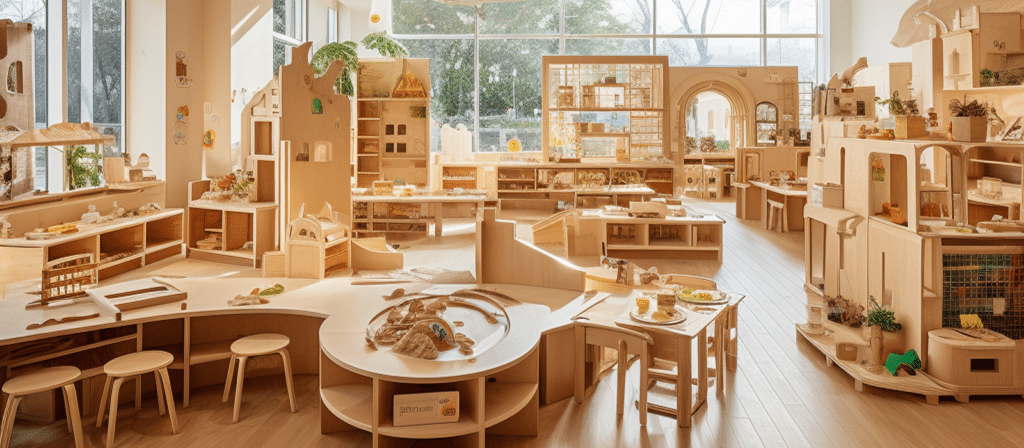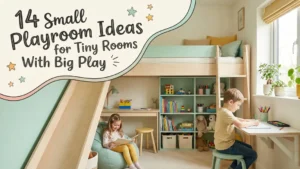Have you ever considered how the choice of furniture in a daycare setting can impact a child’s cognitive and motor development? In this article, we’ll explore the intriguing relationship between daycare furniture and children’s cognitive and motor skills. Join us as we uncover the many benefits that well-designed furniture can offer in nurturing young minds and bodies.
The benefits of daycare furniture for cognitive and motor skills are numerous. Thoughtfully selected and appropriately designed furniture can stimulate children’s cognitive abilities, foster motor skill development, and create a conducive learning environment. It provides the necessary tools for physical activity and cognitive growth, which are vital for a child’s overall development.
Why is daycare furniture important for cognitive and motor skills development?
Daycare furniture is not just about providing a comfortable place for children to sit and play. It is designed to stimulate their senses, encourage exploration, and promote active learning. The right furniture can significantly impact a child’s cognitive and motor skills development. It provides opportunities for children to engage in different activities that enhance their problem-solving abilities, creativity, and physical coordination.
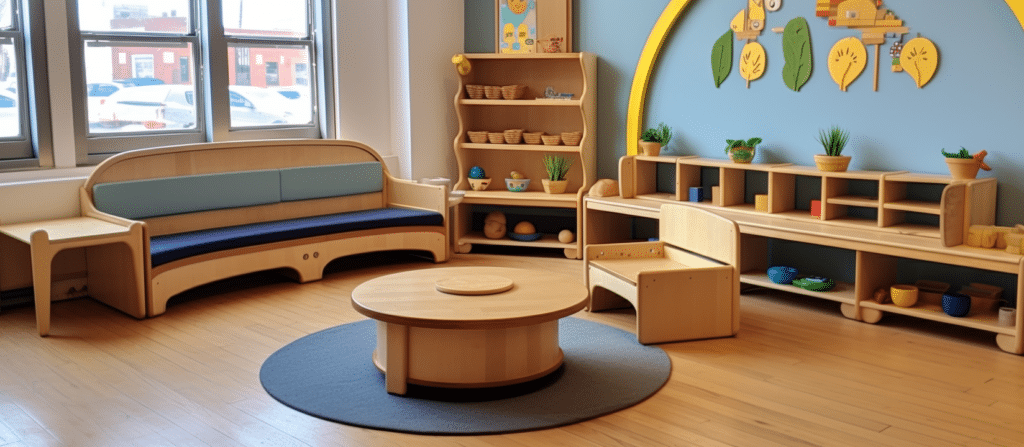
What are some specific benefits of daycare furniture?
- Enhances Creativity and Imagination: Daycare furniture, such as play tables and chairs, allows children to engage in imaginative play. They can create their own worlds, build structures, and engage in pretend play, which promotes creativity and imagination.
- Promotes Social Interaction: Furniture like group tables and collaborative workstations encourage social interaction among children. They learn to communicate, share, and work together, which enhances their social skills and fosters teamwork.
- Develops Fine Motor Skills: Manipulative toys and small-sized furniture, such as puzzles and building blocks, help children refine their fine motor skills. They learn to grasp, manipulate, and coordinate their movements, which are essential for activities like writing and drawing.
- Strengthens Gross Motor Skills: Daycare furniture like climbing structures and balance beams provide opportunities for children to develop their gross motor skills. They learn to balance, climb, jump, and navigate physical obstacles, improving their overall coordination and body control.
- Improves Cognitive Abilities: Furniture with storage options, like shelves and cubbies, teach children organization skills and enhance their cognitive abilities. They learn to categorize, sort, and arrange objects, which promotes logical thinking and problem-solving.
- Encourages Independent Learning: Child-sized desks and chairs create an environment where children can engage in independent learning. They develop a sense of ownership over their space and can focus on activities that interest them, fostering a love for learning from an early age.
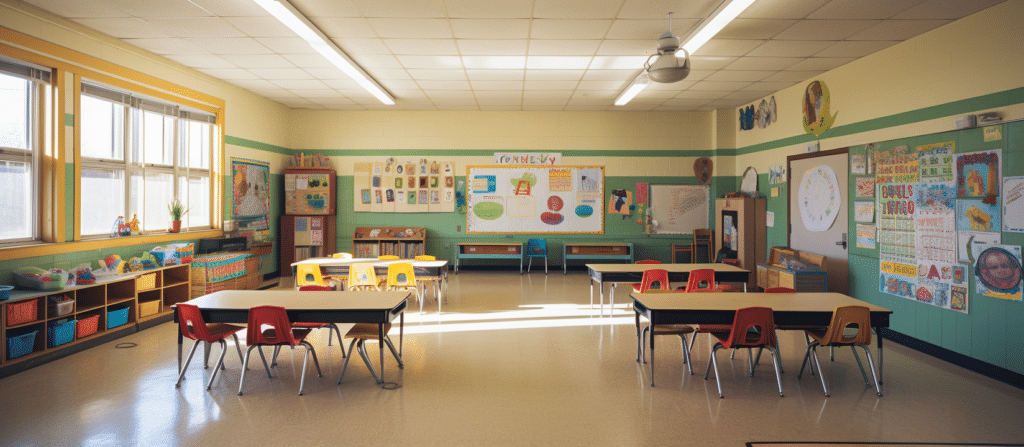
How does daycare furniture support cognitive and motor skills development?
Daycare furniture is designed with the principles of child development in mind. It provides a safe and comfortable space for children to explore and learn at their own pace. The different types of furniture and materials available in a daycare setting offer a variety of sensory experiences that stimulate brain development and promote motor skills.
For example, soft cushions and bean bags provide a cozy spot for children to relax and read, promoting language development and a love for books. Outdoor play equipment, such as swings and slides, allow children to engage in physical activities that improve their balance, coordination, and spatial awareness.
Can daycare furniture really make a difference?
Absolutely! The right daycare furniture can create an environment that supports the holistic development of children. It encourages active learning, fosters creativity, and promotes social interaction. By providing children with the tools and resources they need to explore, experiment, and learn, daycare furniture plays a vital role in shaping their cognitive and motor skills development.
So, whether it’s a colorful table and chair set, a sensory play station, or a versatile storage solution, the impact of daycare furniture goes beyond just aesthetics. It sets the stage for a fun and engaging learning experience that lays the foundation for a child’s future success.
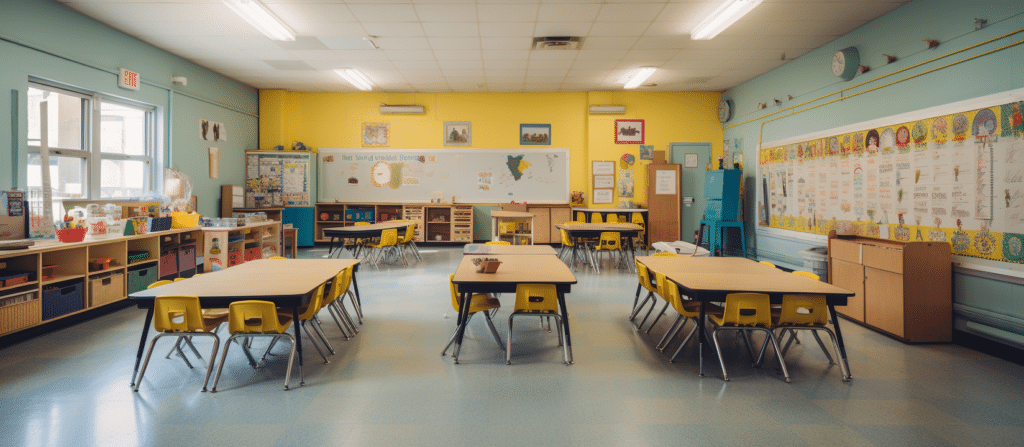
Conclusion
Daycare furniture isn’t just about aesthetics or practicality; it’s a crucial element in shaping a child’s cognitive and motor development. Thoughtfully chosen and designed daycare furniture can create an environment that stimulates children’s cognitive abilities, encourages physical activity, and fosters a love for learning. By focusing on ergonomics, active learning spaces, creativity, organization, and social interaction, daycare centers can provide children with the tools they need to flourish both cognitively and physically.

